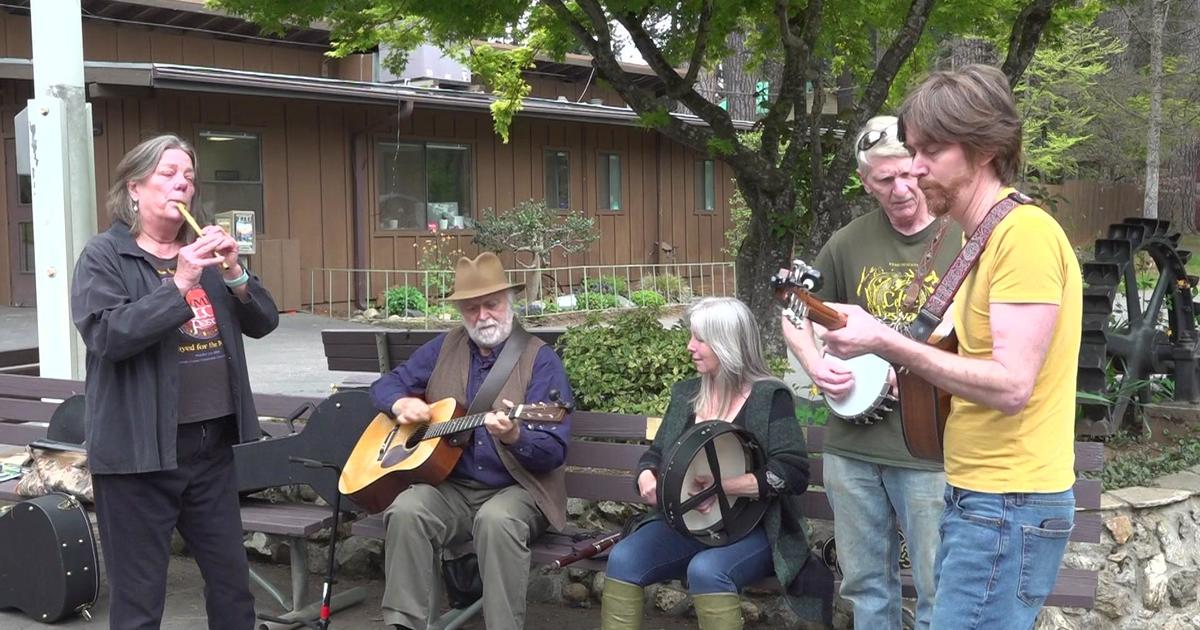Proposition 20 Fails, Preserving Criminal Justice Changes
SACRAMENTO, Calif. (AP) — California has upheld several criminal justice changes, endorsing recent efforts to ease mass incarceration by reducing penalties and allowing for earlier releases.
Voters on Tuesday defeated Proposition 20, rejecting supporters' pleas to address what they called the "unintended consequences" of two previously approved ballot measures.
One lowered penalties for drug and property crimes in 2014, while the second two years later allowed the earlier parole of most felons.
Voters rejected proposals that would have barred criminals convicted of certain serious offenses from earlier release, increased penalties for repeated retail thefts, toughened parole standards and allowed for broader DNA collections.
RESULTS: See how Californians voted on the other propositions
Opponents said the measure would have set back reforms just as the nation focuses on a criminal justice system that has treated people of color inequitably.
Organizations representing police chiefs, prosecutors, police unions and several crime victims' groups had said they support reforms but the recent laws went too far.
"We just weren't able to educate as many Californians as we'd hoped on how Prop. 20 would tackle violent crime and retail theft," Richard Temple, political consultant for Proposition 20, said in admitting defeat.
The criminal justice reforms were enacted during the last administration of Gov. Jerry Brown, who put $1 million of his left-over campaign war chest into opposing a measure that would have removed earlier parole consideration for thousands of inmates he said deserve a second chance.
It would have added 22 crimes to the list of those ineligible for earlier release under the 2016 ballot measure and toughened parole and supervised release standards. It also would have reinstated the list of crimes for which a perpetrator's DNA is collected.
Finally, it would have allowed repeated thefts of property worth $250 or more to be prosecuted as felonies. Police and business owners said the 2014 ballot measure's misdemeanor penalty allows organized theft rings to repeatedly steal up to the $950 limit knowing that they likely face only a citation and no jail time.
Voters acted as violent and property crime rates continued their decline through last year, but the nonprofit Public Policy Institute of California reported a "troubling" increase in assaults and homicides during the coronavirus pandemic in Los Angeles, Oakland, San Diego and San Francisco.
The measure pitted victims' rights groups against one another. Traditional organizations including Crime Victims United and the Crime Victims Action Alliance supported the rollback, while Crime Survivors for Safety and Justice California said toughening penalties would disproportionately affect racial minorities.
The Center on Juvenile and Criminal Justice, a critic of the initiative, used 2019 arrest and incarceration data to project that the measure could lead to 3,000 to 6,000 jail and prison sentences, two-thirds of which could affect racial minorities.



